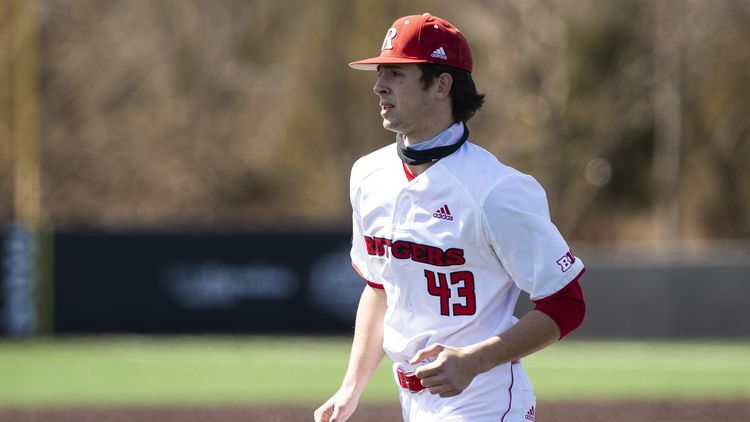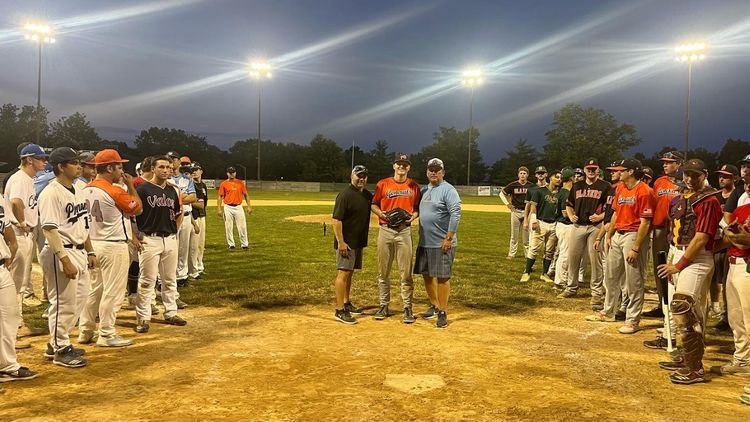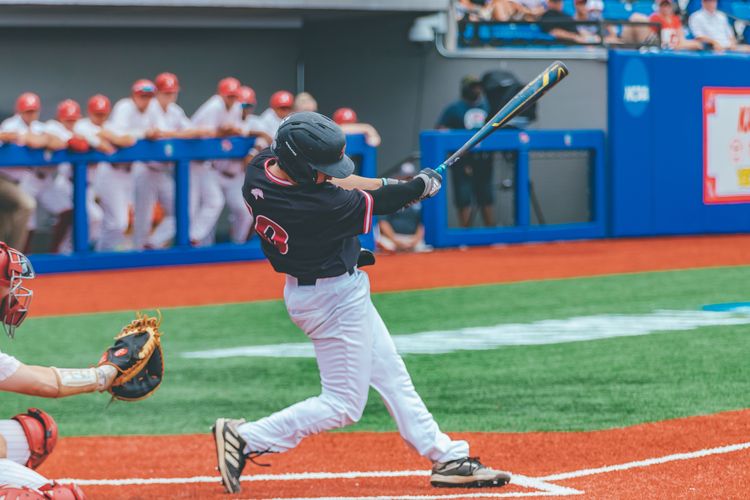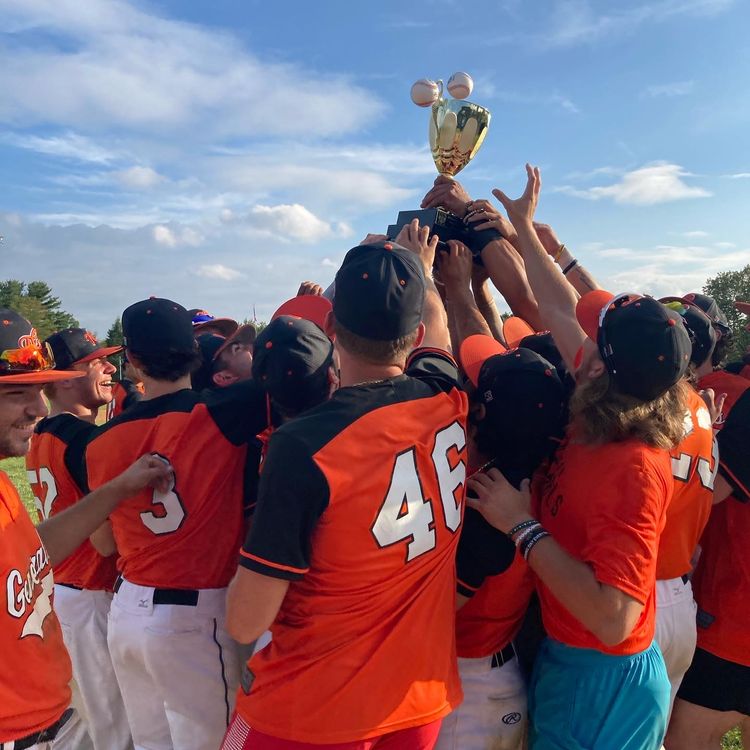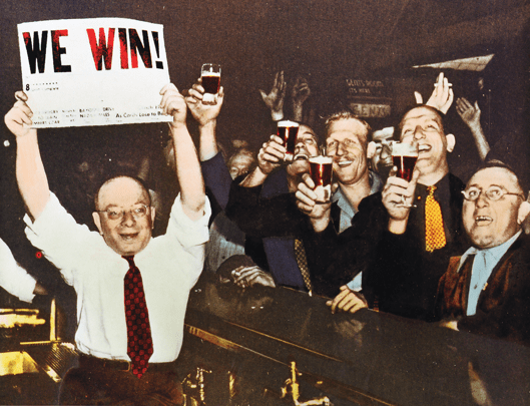Taking advantage of NIL rights

Once a term used exclusively to signify "no score" in soccer (ugh, another nil-nil draw), today's historic launch of the NIL era in NCAA athletics – allowing athletes to profit off their name, image, and likeness – starts a seismic change that will be felt for years to come.
College athletes can FINALLY earn a piece of a small part of the revenue pie they generate for so many others. This is a great opportunity for baseball players to build a brand, to demonstrate entrepreneurial spirit, and to profit off ... well ... off being themselves. Start a clothing line? Sure. Create a fishing empire? Absolutely. Earn money from social media endeavors? 100 percent.
And while college baseball players in New Jersey may not have the same marketing cache as let's say an SEC football player - there's still something to be made based on your hard work to get to where you are.
Lessons? Probably the easiest way to cash in your platform. But almost everything is fair game.
So what's legal and what isn't? Here's where it gets a bit tricky, because Congress hasn't yet enacted federal NIL legislation. Go figure, it's being held up by partisan bickering over what the legislation should include.
Individiuals can engage in NIL activities consistent with the law of the state where the school is located. Currently, only 25 states have passed any sort of NIL legislation. New Jersey, being New Jersey, is itself a difficult case - legislation has been signed into law, but it won't come into place until 2025.
In the mean time, that leaves it up to individual schools to decide what is OK and what isn't in states without a law on the books. NCAA "guidelines" are essentially don't allow boosters to pay athletes, don't pay the athletes directly, and don't allow endorsement deals to influence recruiting. Athletes must report deals they are engaging in to their institution.
"In terms of types of NIL activities, it is wide open," said Nicholas Lord, the CEO of NOCAP Sports, which provides a platform for athletes to showcase themselves to brands, and eventually fans, so that they can use their NIL to monetize their relationships. Individiuals are permitted by the NCAA to use a professional services provider to secure NIL activities.
"I am already seeing social media sponsorships happening, merchandise stores launching, appearances being made, autograph signings happening and much more," Lord said. "Athletes now become their own business and there are SO MANY ways they can capitalize on it. Private lessons, Social Media, Autographs, Merchandise, Memorabilia, cameos. They now have the basic rights that every other individual in this country has."
NOCAP Sports is one of many companies positioned to help athletes take advantage of these new rights. Brands and athletes can discover each other and engage in promotional deals. Most importantly in today's environment - a platform such as NOCAP will track and automate compliance and legal documentation so athletes stay in line with school, state, and NCAA laws. Lord specifies that the NOCAP platform is free to athletes from start to finish.
Lord will be a guest on an upcoming Jersey Baseball Show, as we dive deeper into the ramifications of NIL legislation. But it's apparent that today is the beginning of a journey into the vast unknown - and the prepared athlete is the one who will benefit the most.
